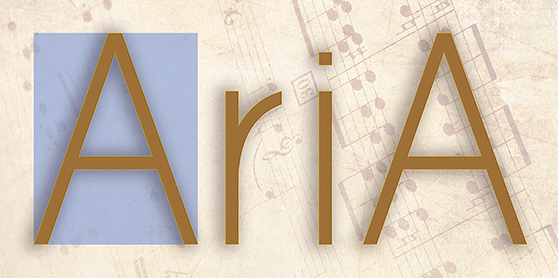
Install this AriA on your iPhone  and then Add to Home Screen
and then Add to Home Screen
| Cookie | Duration | Description |
|---|---|---|
| cookielawinfo-checkbox-analytics | 11 months | This cookie is set by the GDPR Cookie Consent plugin. This cookie is used to store the user's consent to the use of cookies in the Analytics category. |
| cookielawinfo-checkbox-functional | 11 months | This cookie is set in accordance with the GDPR cookie consent to register the user's consent to the use of cookies in the 'Functional' category. |
| cookielawinfo-checkbox-necessary | 11 months | This cookie is set by the GDPR Cookie Consent plugin. This cookie is used to store the user's consent to the use of cookies in the 'Consent' category. |
| cookielawinfo-checkbox-others | 11 months | This cookie is set by the GDPR Cookie Consent plugin. This cookie is used to store the user's consent to the use of cookies in the 'Other' category. |
| cookielawinfo-checkbox-performance | 11 months | This cookie is set by the GDPR Cookie Consent plugin. This cookie is used to store the user's consent to the use of cookies in the Performance category. |
| viewed_cookie_policy | 11 months | This cookie is set by the GDPR Cookie Consent plug-in and is used to store information about whether a user has consented to the use of cookies. It does not store any personal data. |

